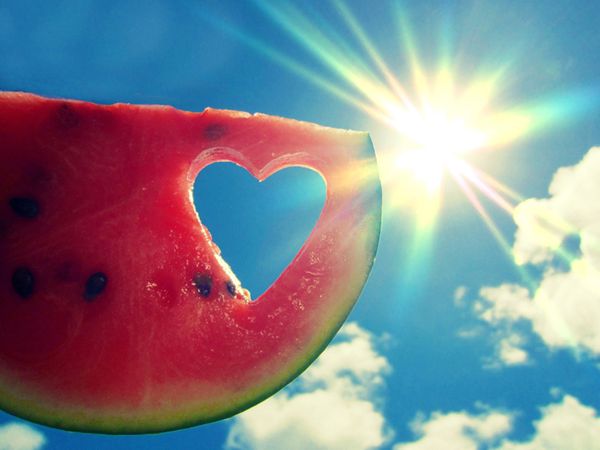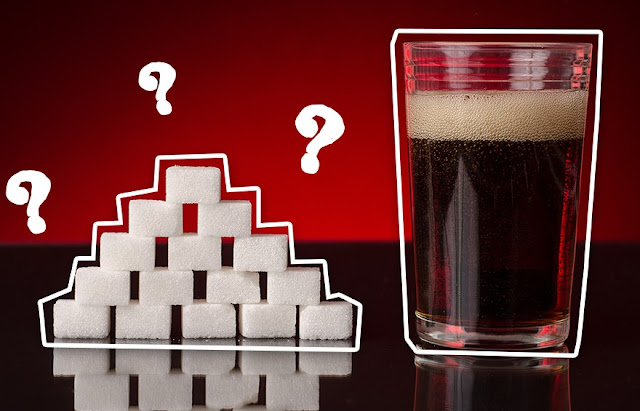
Want to get rid of the fats you have in a faster way? Make it possible by making one change to your diet, increase your protein consumption. It is one of the fastest ways to jump-start fat loss for a number of reasons.
Most people lack protein in their diets. They usually take primarily fat and carbs that slow down the rate of weight-loss reduction. Protein-rich foods might require more time to cook and prepare compared to some other food options but it’s all worth it. Switching to other quick options like protein powder as an addition to whole food sources will also do.
Let’s talk about the reasons why you should increase your protein intake to at least 15%–20% of your total diet to attain the best fat-loss results.
- Protein helps to increase your metabolic rate. Protein-rich foods need the most calories in the breaking down process. In every 100 calories of protein intake, you can burn up to 25 of those calories through digestion. However, you can only burn two and four calories with fats and carbs intake.
- Protein manages blood glucose levels. Protein won’t transform into glucose in the body so they are great for managing your blood sugar levels that lead to a blood sugar high resulting in a crash. Sugar crash makes you crave simple carbs that will work in opposition to your fat-loss efforts.
- Protein stops lean muscle mass loss. A reduced-calorie diet will allow your body to lose fats but it also means losing your muscles. Proteins are used as fuel for your daily activities, so you need more protein left to prevent losing your lean muscle tissues.
- Protein boosts faster recovery between workouts. Protein is essential to complete the regaining and restoring process of muscle tissue after a strenuous workout session. Consuming a mix of amino acids (proteins) will help your body to get back into your training session again like nothing happened.
- Protein soothes hunger pains. Consuming proteins will keep you from feeling hungry between meals. It takes longer to digest so it reduces the hunger experience throughout the day. This will help you sustain your reduced-calorie diet plan.
The Bottom Line
Everyone should try to include more protein in their diet, especially when making an eating plan to lose excess body fat. Taking in at least one gram per pound of body weight per day is a good start.
Chicken, turkey, fish, lean red meat, low-fat dairy products , eggs and protein powder are rich sourcesof protein. Failing to take enough protein will just lead to a weaker and slower metabolism
_______________________
References
Evans EM, et al Effects of protein intake and gender on body composition changes: a randomized clinical weight loss trial . Nutr Metab (Lond). (2012)Bopp MJ, et al Lean mass loss is associated with low protein intake during dietary-induced weight loss in postmenopausal women . J Am Diet Assoc. (2008)
Mojtahedi MC, et al The effects of a higher protein intake during energy restriction on changes in body composition and physical function in older women . J Gerontol A Biol Sci Med Sci. (2011)
Gordon MM, et al Effects of dietary protein on the composition of weight loss in post-menopausal women . J Nutr Health Aging. (2008)
Treyzon L, et al A controlled trial of protein enrichment of meal replacements for weight reduction with retention of lean body mass . Nutr J. (2008)
Noakes M, et al Effect of an energy-restricted, high-protein, low-fat diet relative to a conventional high-carbohydrate, low-fat diet on weight loss, body composition, nutritional status, and markers of cardiovascular health in obese women . Am J Clin Nutr. (2005)
Clifton PM, Bastiaans K, Keogh JB High protein diets decrease total and abdominal fat and improve CVD risk profile in overweight and obese men and women with elevated triacylglycerol . Nutr Metab Cardiovasc Dis. (2009)
Josse AR, et al Increased consumption of dairy foods and protein during diet- and exercise-induced weight loss promotes fat mass loss and lean mass gain in overweight and obese premenopausal women . J Nutr. (2011)
_________________________________
Read Also:
What Is YOUR ONE Food Holding You Back?
(watch de Video)
.













No comments:
Post a Comment